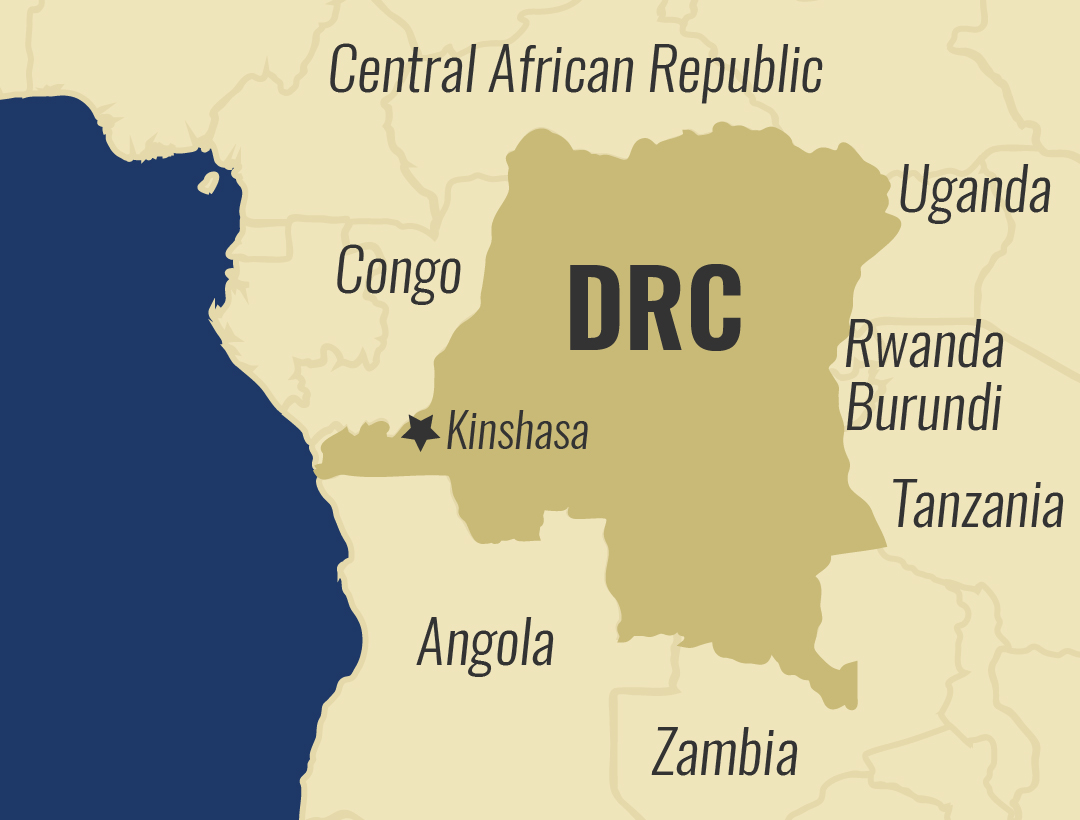Faces of Africa – Far From Home Pt. 2
65 Million Individuals have been displaced world over this is according to the data from The UN Refugee Agency. Migrants and asylum seekers to Europe mainly originate from Sub-Saharan Africa and the Middle East, majorly using passage points such as Tunisia, Libya and Syria to cross over via the Mediterranean Sea.
Most of the migrants who disembark on European shores are either running away from violence, persecution, natural disasters or in search of better economic ventures away from their home countries. In 2015, over one million (1,032,408), sea and land arrivals to these parts were at their highest ever creating the “European Refugee Crises.”

The various migratory routes across the Mediterranean Sea from Africa are quite dangerous as many migrants have lost their lives making these desperate trips. The International Organization for Migration puts the total dead or missing persons at 2,299 as of 2018 and 578 deaths reported on the Central Mediterranean route alone as of 2019.
Germany, France, Spain and Italy are some of the European nations that open their borders to Migrants. Italy still proves to be among the most popular destination, putting the number of migrant arrivals and asylum seekers at 108,924 as of 26th June 2019 compared to Greece’s 69,088 during the same year.
With this influx of migrants and asylum seekers, it has brought mixed reactions to the host nations and it’s respective citizenry. Salvio, a fruit farmer from Catania in Sicily’s region of Italy, reckons that “These people (immigrants) are only looking for a better life. That’s how the world spins.”
Sofia, a local market vendor from the same area, differs from Salvio. “We are always invaded by immigrants who are at no fault for being here but we are ruined because they receive financial help from the state while we don’t. We have been abandoned and that’s not fair”
These sentiments have further been amplified across Europe especially by nationalist parties and right-wing proponents such as Italian Interior Minister and The League Party Leader Matteo Salvini who is well-known for his anti-immigrant stance. Once quoted on La Stampa one of Italy’s online publications “For illegal immigrants the days of the free ride are over. Get ready to pack your bags! Get ready to pack!” Of late the anti-immigration sentiments have been largely used as campaign tools in recent elections across Europe.

Others like Germany’s Chancellor, Angela Merkel view the crisis as a blessing in disguise as it can help them solve their low population problem. This has led to wide scale opposition from the political arena especially the Alternative for Germany (AfD) Party which recently joined the Federal Parliament for the first ever, to become Germany’s biggest opposition party.
Krubazly Demba a documented immigrant from Gambia and a SPRAR (The Protection System for Asylum Seekers and Refugees) beneficiary, currently residing with his family in Sutera, Italy retaliates this saying “ I believe 100% that no one can take me back home and no one can deport me because I have not committed any crime and haven’t violated any of your laws.”
Professor Cui, Hongjiang Director of Institute of International Studies in China points out a long held public opinion the major link between terrorist attacks across Europe in 2016/2017 was caused by refugees which isn’t necessarily true, though the culprits where from migrant communities. He also observes that European governments will become more and more conservative on the migration and refugee issue.
The harrowing experiences narrated by migrant survivors on these desperate journeys across Mediterranean Sea, are unimaginable and very terrifying. This can be captured on first arrivals; men, women and children whose faces show relief to finally see and touch land.

In conclusion, more help needs to be accorded to countries of origin of the migrants to Europe, therefore getting rid of the idea that crossing over will alleviate all their problems and also plugging the problem at its source.
The United Nations through the UNHCR (United Nations High Commission for Refugees) continues to push host European nations to provide respective residency permits to migrants and shorten waiting periods which normally vary from country to country. The average waiting period is two years.





